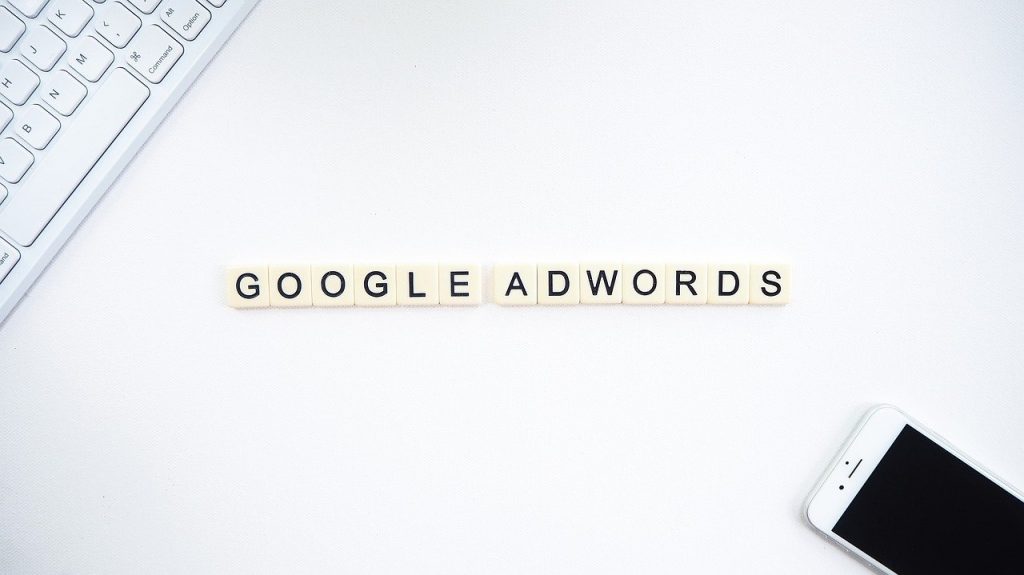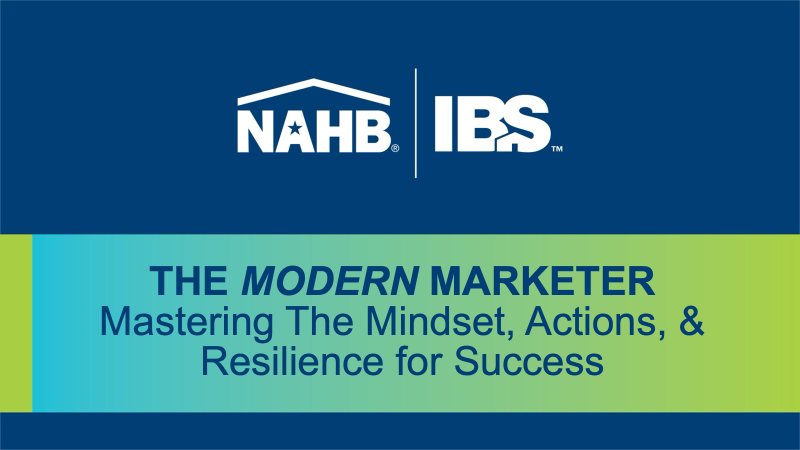Major Changes To Google Ads Impact New Home Marketing
On October 19, 2020, Google implemented major changes to the Google Ad platform for advertisers in the housing industry. The new restrictions placed on audience targeting criteria are designed to prevent biases against certain population segments and be more inclusive.
Google states that all marketing for housing, credit services, and employment can no longer use the following target market criteria: Gender, Age, Marital Status, Parental Status, or Zip Code. Facebook implemented similar restrictions in 2019 to settle a lawsuit with civil rights groups.
What This Means For Your Marketing Campaign
Moving forward Google will stop any currently active campaigns that contain these targeting criteria until they are corrected and comply with the new policy. You will also have to check a box to acknowledge these changes in your Google Ad account as a way of stating that you accept these changes and will comply. Failure to accept these changes will prevent you from launching new campaigns.
How Will This Impact New Home Marketing?
These new rules are going to be very tricky for those marketing new or old homes for sale. It has been an industry standard to target market people based on many of these factors. This was not done to be discriminatory but to target people looking for specific types of homes.
For example, targeting a person with children by marketing a new family-friendly community may no longer be acceptable under the new Google terms. Marketing a new community to nearby residents (zip code targeting) is not meant to discriminate, only to inform. However, this may also no longer be acceptable.
Marketing for retirement communities, especially in places like Florida with 55+ communities, will definitely have to be done with care to avoid breaking the restrictions on targeting for age. Thankfully there is no real targeting based on gender for the housing market.
Every housing industry business will need to carefully review their advertising campaigns and ensure that they comply with these new standards.
The Good News
The good news is our experience with using Facebook AI targeting in place of the detailed behavioral targeting has proven to be effective in terms of driving quality traffic that converts into online leads. We have been pleasantly surprised and the AI targeting has exceeded our expectations in terms of performance. As a consumer, it’s a bit creepy – think The Social Network film on NetFlix (you need to watch it!) – but as a marketer the power of AI to deliver highly targeted, relevant, personalized ads is really cool. Our hope is that the new Google AI targeting tool will be equally effective. How will you know? Why your Event and Goal Conversion Reports in Google Analytics plus your CRM reports in Lasso, will give you an excellent picture of how the new Google Ads are performing for you.
Categorised in: Analytics, Digital Marketing, Social Media




